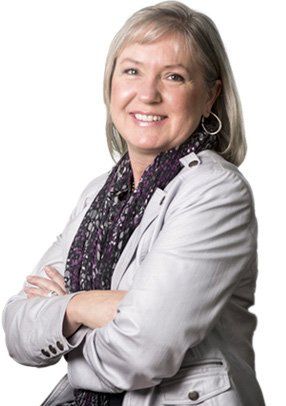Should I Get A Mortgage Pre-Approval?
Should I get a Mortgage Pre Approval?
Going through the pre-approval process is important. However, the actual term ‘pre-approval’ is often misunderstood. It’s not magic, and it’s certainly not binding.
Let’s be clear, a pre-approval isn’t for the lender; it’s for you!
And yes, if you’re considering buying a property, you should start with a pre-approval. But be aware that simply having a pre-approval isn’t all you need to secure mortgage financing.
When you sit down with your mortgage broker, we’ll discuss your financial situation, work through a lender product review, access your credit report, and review all income and downpayment documents. At the end of the pre-approval process, you should be clear just how much you qualify to purchase and how much this will cost. A pre-approval should never be relied on as a sure-fire bet for future mortgage financing. There is a lot more to work through.
While we can work together to preview and catch any significant areas of concern such as unpaid/unfiled taxes, employment probation, or clarity around downpayment origins, please understand that lenders do not offer a formal live review of documents, so it’s important to protect yourself as best you can.
The best way to do this is to include a condition (or ‘subject’) clause along the lines of ‘subject to receiving and approving satisfactory financing’. There are several variables that can derail a final approval once you write an offer on a property, this clause protects you while everything is sorted out. This is arguably the single most important clause in a purchase contract, and should not be taken lightly (even in cases of multiple competing offers).
So the bottom line is, start with a pre-approval, but protect yourself by allowing enough time in the purchase transaction to finalize the mortgage financing. If you have any questions about this or anything else mortgage related, please don’t hesitate to contact me anytime!
Recent Posts


CONTACT
Phone or Text:
TF Phone or Fax:
Assured Mortgage Services
Head Office:
4040 Steeles Ave West
Suite 208
Vaughan, ON L4L 4Y5
Phone:
416-934-8555
MORE
Anita Groves Assured Mortgage Services. All Rights Reserved


